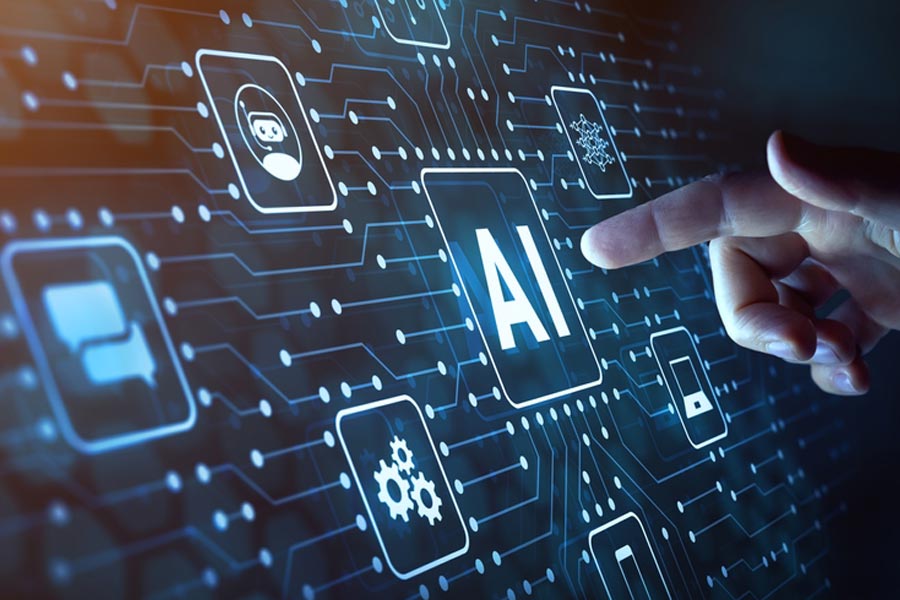Imagine a world where nations can communicate seamlessly, conflicts are predicted and prevented, and diplomacy is conducted with transparency and accountability. Woodrow Wilson envisioned this nearly a century ago; now, we are confronted with the possibility of Artificial Intelligence making it a reality.
In 1917, Wilson famously declared, “Open covenants of peace, openly arrived at, after which there shall be no private international understandings of any kind but diplomacy shall proceed always frankly and in the public view.” This concept aimed to promote transparency, accountability, and cooperation among nations. Today, diplomacy is an increasingly complex phenomenon given the multiple stakeholders, interests, and communication channels. The rise of social media, cybersecurity threats, and global crises like climate change and pandemics have created new challenges for diplomats. How does AI fit into this scenario?
One of AI’s most significant contributions to diplomacy could be its ability to process vast amounts of data quickly, allowing for real-time analysis of geopolitical developments. Governments and international organisations now use AI-powered predictive analytics to anticipate political shifts, economic fluctuations, and security threats. For example, AI models have been instrumental in tracking social unrest and misinformation campaigns, helping nations prepare for crises before they escalate. The European Union has leveraged AI to monitor online disinformation campaigns, particularly during elections, to safeguard democratic processes.
In conflict resolution, AI could play a crucial role in mediation efforts. Machine-learning algorithms can analyse historical peace negotiations and suggest optimal strategies based on past successes. The United Nations has explored AI-driven data analysis to assess peacekeeping missions and predict where future conflicts may arise, allowing for proactive interventions. For example, AI was used in Syria to analyse ceasefire violations and provide healthcare, helping to reduce escalations in certain regions.
Despite these advancements, ‘AI diplomacy’ is not without risks. A critical issue is the ethical dilemma surrounding AI decision-making in diplomacy. One of the most pressing concerns is the potential for AI-driven misinformation and Deepfake technology to manipulate public perception and destabilise international relations. Malicious actors can use AI to generate fake news, forge diplomatic communications, or create misleading audiovisual content that could lead to misunderstandings or even conflict. In 2022, Deepfake videos of the Ukrainian president, Volodymyr Zelensky, allegedly surrendering to Russia circulated online, causing confusion before being debunked.
AI’s integration into cybersecurity is also a double-edged sword. While AI enhances cyber defence mechanisms, it also arms adversaries with powerful tools to launch sophisticated cyberattacks. In 2020, an AI-driven cyberattack targeted the US treasury department, demonstrating AI’s potential to breach even the most secure diplomatic institutions.
International cooperation on AI governance is essential to fully harness AI’s potential in diplomacy while mitigating its drawbacks. Governments and global organisations, such as the European Union and the United Nations, must establish regulatory frameworks to oversee the ethical use of AI in diplomacy. Transparency in AI algorithms, accountability mechanisms for misinformation, and international treaties on AI’s weaponisation should be priorities. The clash of democratic values with the realities of cultural and national sovereignty is a challenge that AI governance frameworks must also navigate. Additionally, diplomatic institutions must invest in AI literacy programmes for diplomats and policymakers.
As AI continues to shape international relations, its role in diplomacy will be
defined by how effectively nations can harness its benefits while addressing its
risks.
Apala Ghosh is a PhD Research Scholar, Department of International Relations, Jadavpur University











